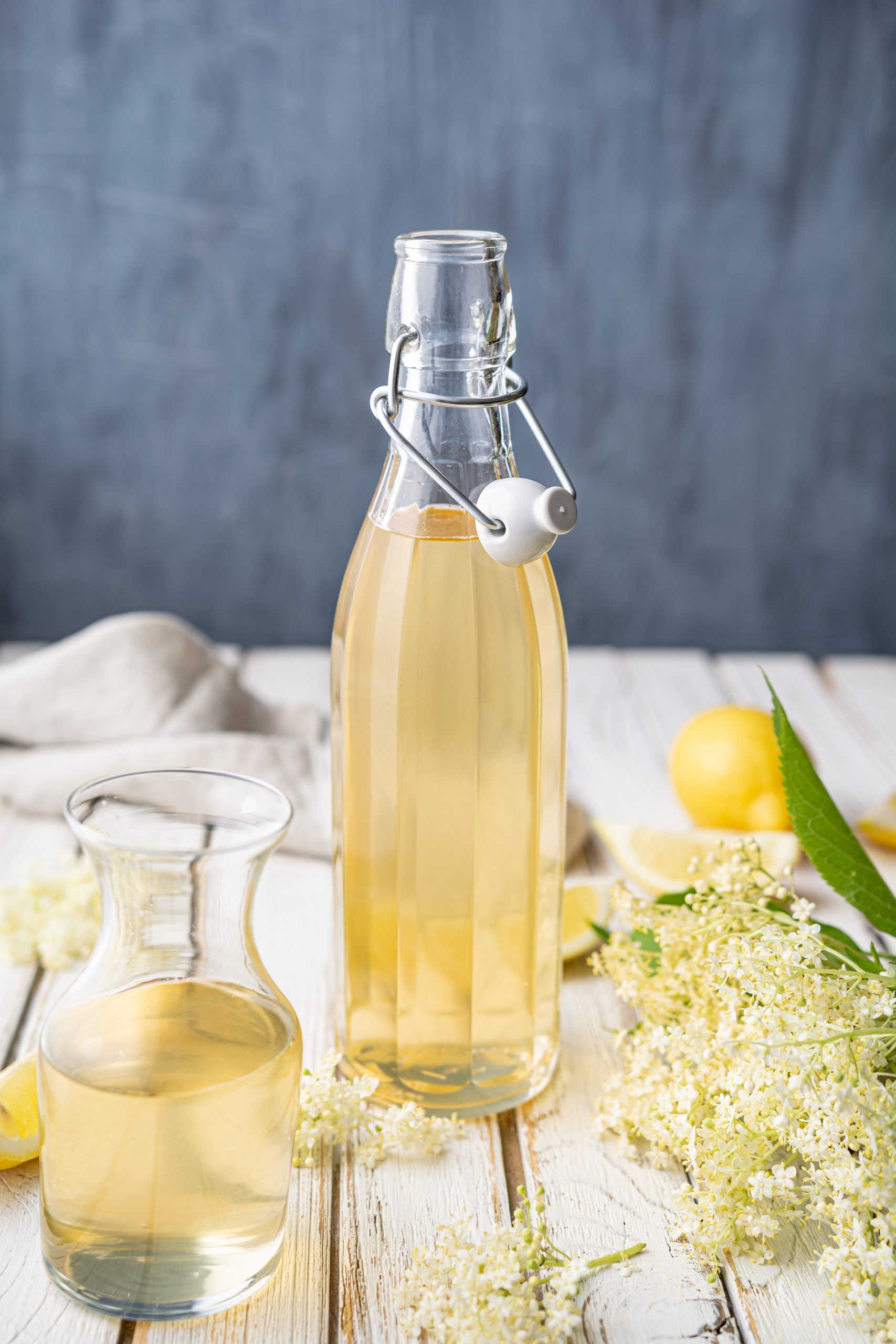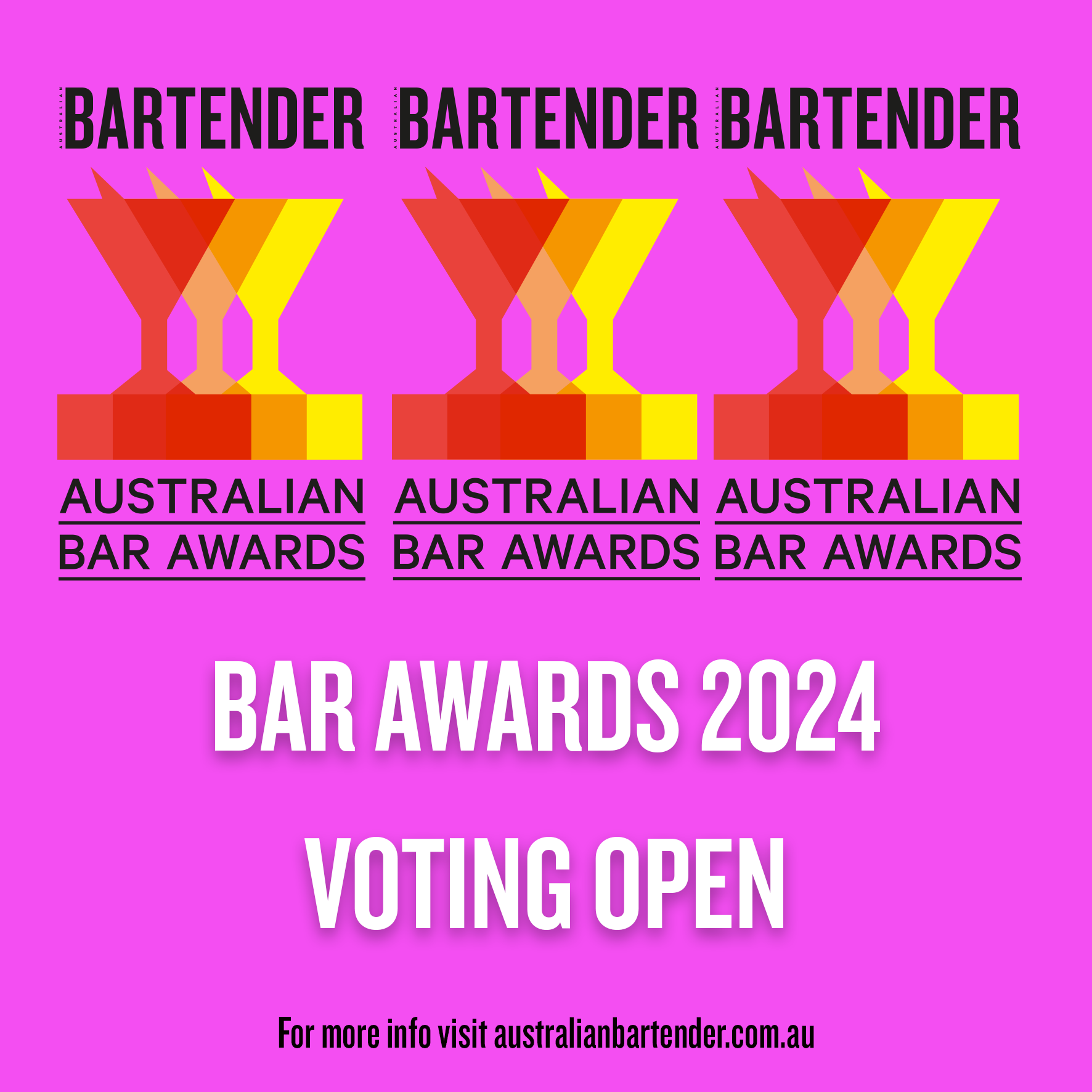
Story by Sven Almenning, founder and co-owner of the Speakeasy Group
It’s taking the spirit world by storm but should non-alcoholics be labelled like their alcoholic counterparts?
I want to be clear from the start: I am not against healthy drinking, nor am I against non-alcoholic products. What I take an issue with is labelling and marketing that deliberately misleads consumers and the trade.
According to the Australian and New Zealand Food Standards Code 2.7.5 Spirits are:
“a potable alcoholic distillate, including whisky, brandy, rum, gin, vodka and tequila, which, unless otherwise required by this Standard, contains at least 37% alcohol by volume, produced by distillation of fermented liquor derived from food sources, so as to have the taste, aroma and other characteristics generally attributable to that particular spirit”
These non-alcoholic spirits do not adhere to any of the above. They are not distilled from a food source, but rather from waters that
have been flavoured through maceration or other methods.

Pre-existing labelling exists for the category
Distilled and flavoured waters already exist as a category with several examples in the market already. The most famous may be Orange Blossom Water. This is water distilled with “orange blossoms” creating a fragrant water which is bottled and used in both cooking and drinks production. It is flavoured water and is sold and marketed as such.
There is a precedent here for calling the product what it is, however, smart marketing professionals understand that consumers who are pursuing a healthy lifestyle may be unlikely to pay $50+ for a 700ml bottle of distilled water, but may be convinced to spend the same money on the same product if it is labelled as something else. In this case “non-alcoholic spirit”.
I believe these products being labelled as “non-alcoholic spirits” is a clever marketing ploy allowing producers to charge a premium for what essentially is distilled and flavoured water. From a consumer protection standpoint labelling laws are introduced and enforced specifically to avoid misleading customers.
If the government and legislative bodies take the position that Distilled Water equals Non-Alcoholic Spirit, this opens it up for a massive misuse from both brands and producers. Unflavoured distilled water is commonly available for less than $1 per litre from shops at the moment. However, if brands can label distilled water as a spirit, there is nothing stopping unscrupulous producers from bottling the exact same product and labelling it as a non-alcoholic vodka and charging consumers $50 a bottle, inflating the price by 5000%
Consider this: when we add distilled water to our whisky, are we adding non-alcoholic vodka/spirit to it?
Non alcoholic Liqueurs
The very same argument can be made for “Non-Alcoholic Liqueurs”. You may know these products for their more common descriptors such as sugar syrup, gomme or cordial.
What is in the bottle is essentially the same, however by labelling them differently, producers are able to charge consumers – who simply don’t know better – a premium. In my opinion, the ONLY reason for calling these products a spirit or a liqueur, when in fact it is water or syrup, is to achieve a higher price point.
My argument is simple. Label the products for what they are. And my plea to trade is: don’t be fooled. You can create equally, if not more, delicious non-alcoholic drinks by simply using existing syrups or creating your own infusions in venue which will deliver fresher tasting drinks and better margins for your business.
Distilled water should not be classified as “non-alcoholic spirits”.
Haters – come at me

